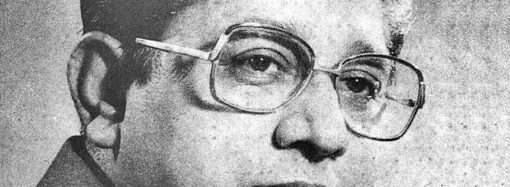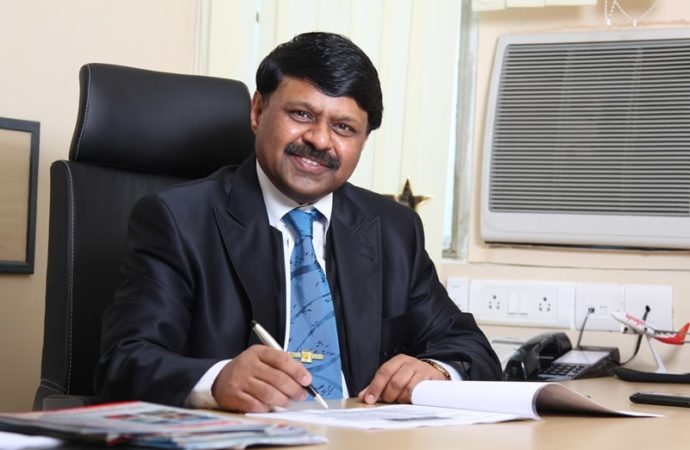Parag Diwan, Founder Vice Chancellor, UPES shares his opinion with Gunjan Joshi on dropping enrolments in engineering colleges and avenues for energy engineering in India.
Q. How is engineering education practically imparted at UPES?
We had an elaborate system of imparting practical education for engineering students as we encourage experiential learning for students on campus itself. For example, we have created a working replica of petroleum rig for petroleum engineering students. Students can climb on it and work. We also have lot of engagements with industry in terms of short-projects, long-projects, internships, full-internships etc. Further, we have industry-class laboratories which give students an experience as if they are working in an industry. Hence, these are some of the ways in which we impart practical learning among students.
Q. What are the salient features in the curriculum of engineering education at UPES?
Our engineering education is also built around industry 4.0 or education 4.0. Around 7 to 8 years back, we collaborated and created industry specific industry specific computer science programme in areas like machine-learning and cloud computing with IBM. The future of energy related programmes looks bright as nearly 293 global and domestic companies have committed to generate 266 GW of solar, wind, mini hydel and biomass-based power in India over the next decade. Hence, our entire curriculum is industry specific and we are ahead of other institutions in anticipating the requirements of industry and in figuring out where the jobs of future lie.
Q. What is your take about dropping enrolments in engineering colleges every year?
There are two aspects of it. Let us first talk about core engineering which consists of civil, chemical, and mechanical engineering. In last five years, the situation of employment has not been good. Number of jobs did not increase despite the government’s claim that industries will generate two-crore jobs. Our government then tried to launch Make in India manufacturing campaign, still core engineering jobs did not increase. Small scale industries have also gone down due to which jobs have increased. This is creating a drop in enrolments in core engineering programme.
In disciplines like Computer Science, earlier organisations like Wipro, Infosys, and TCS had a strength of around 40-50 thousand employees. Now, various things have been automated. This is creating a drop in computer science programmes. If computer science programmes are upgraded according to industry requirements, this drop can be curbed. At UPES, there is no drop in enrolments at computer science programmes but there is a decrease in civil, mechanical, and chemical engineering programmes.
Q. AICTE have recommended closure of numerous engineering institutes. What is your opinion about it?
That is true because every year 300 to 400 colleges are dying every year. It is good in a way because even engineering education should have a demand and supply balance. In this wave, poor and sub-standard institutes won’t survive and only institutes imparting good education would thrive. The AICTE has also decided that by 2022, at least 50% of the programmes offered at engineering colleges will have to get accredited by the National Board of Accreditation (NBA). I would suggest that the governing bodies should suggest guidelines to regulate engineering institutes and colleges not adhering to it should be closed.
Q. Does UPES upgrades its syllabus frequently like a recent upgrade of syllabus by AICTE?
Yes, on a regular basis. We create and innovate our own syllabus. Therefore, we are already upgraded by the time AICTE comes up with a new syllabus. As a premium energy institute, we try to encourage the new avenues such as renewable engineering which is also changing constantly. Further, we encourage research among our students which is evident in more than 1300 published research papers, more than 45 funded research projects, and more than 40 patents from our campus.
Q. Why are engineers are considered unemployable by major recruiters these days?
It always depends on the institute. If you look at the past placements of UPES, it is always above 95 per cent. It tells about how institutes make their students employment ready. One area that we constantly focus on is personality development. If a student has skills but is not able to present them well, then he or she will remain unemployable. We hone the behavioural aspects of students with 95 per cent in higher secondary education along with their engineering abilities.


















Leave a Comment
Your email address will not be published. Required fields are marked with *